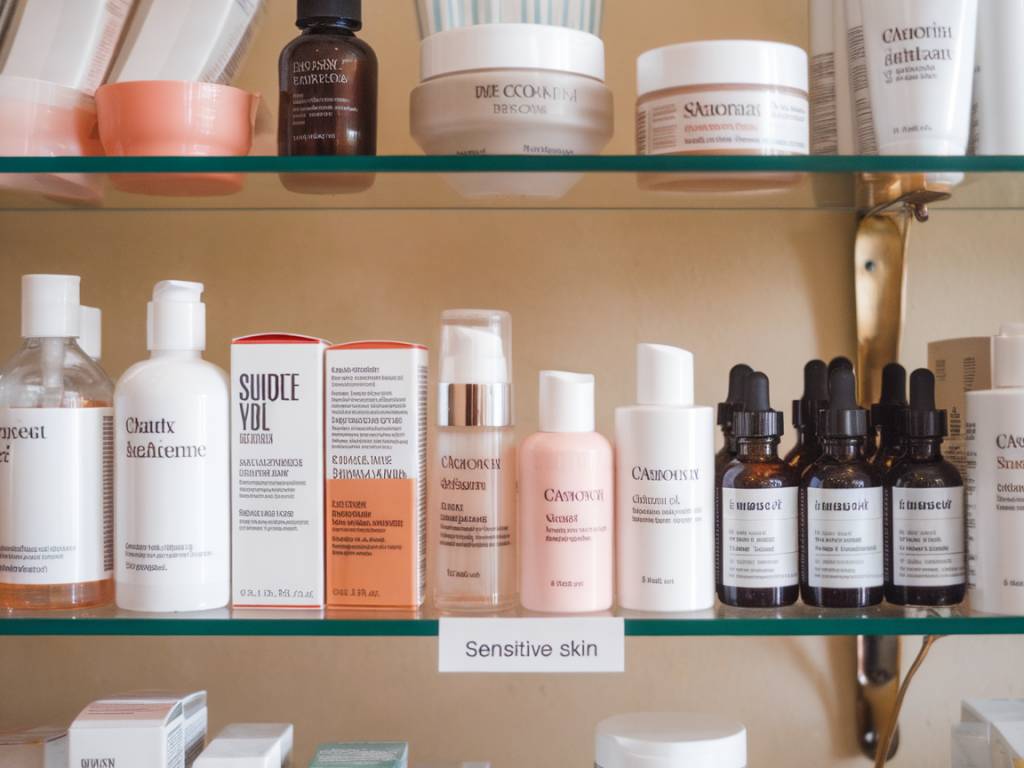When Love Turns Painful: Left Alone After an Abortion
Four years ago, you embarked on a clandestine relationship, believing you had found real love. He was attractive, confident and portrayed the perfect family man—two little girls, a supportive marriage. Yet behind closed doors, your intense, passionate affair hid the reality: you were the “other woman.” Despite the complications and the silent sacrifices, you clung to hope that one day he would leave his family for you. Then came the shock—the unplanned pregnancy and, soon after, a devastating miscarriage. Even more heartbreaking, he vanished without a word, leaving you to face physical pain and emotional turmoil alone.
Understanding the Emotional Rollercoaster
Experiencing a pregnancy loss is traumatic under any circumstances. When compounded by abandonment, the emotional impact can feel overwhelming. You may encounter:
- Grief and loneliness: mourning the life you envisioned and the partner you trusted.
- Betrayal and confusion: questioning how someone who professed love could disappear at your greatest need.
- Self-doubt and guilt: wondering if your choices or your role as “the other woman” contributed to his withdrawal.
Recognising these feelings as valid is the first step toward healing.
Practical Self-Care After Loss and Abandonment
When grief and shock are at their peak, simple acts of self-care can anchor you and provide small moments of relief. Consider these strategies:
- Establish gentle routines: set small daily goals, like a morning walk or a calming tea ritual, to bring stability to your days.
- Seek compassionate company: lean on close friends or join a support group for pregnancy loss, where others understand your pain.
- Journal your emotions: writing down your thoughts can help you process complex feelings and track your healing progress.
- Allow yourself to rest: physical recovery is vital after a miscarriage—prioritise restful sleep and nourishing meals.
Rebuilding Self-Worth and Confidence
Abandonment can erode your sense of value. Reclaiming self-worth involves:
- Affirmations: start each day with positive statements: “I deserve respect and support,” “I am strong and resilient.”
- Celebrate small victories: acknowledge each moment you feel stronger or more peaceful, no matter how small.
- Reignite personal passions: return to hobbies or projects that bring joy—painting, yoga, reading or volunteer work.
Gradually, these actions remind you of your identity beyond the heartbreak.
Setting Boundaries and Protecting Your Heart
To avoid further hurt, clear boundaries are essential:
- Limit contact: remove his messages, mute social media or block his number to prevent reopening fresh wounds.
- Define your needs: decide what support you require—emotional check-ins with loved ones or professional counselling—and communicate this to those around you.
- Guard your vulnerabilities: avoid sharing your deepest pain with those who haven’t proven themselves trustworthy.
Healthy boundaries foster a safe space for your recovery journey.
When You’re Ready: Embracing New Connections
Once you feel strong enough, letting love back into your life can be rewarding. Proceed mindfully by:
- Choosing wisely: look for a partner who values open communication, demonstrates empathy and respects your history.
- Taking time: allow relationships to develop slowly—trust builds through consistent, supportive actions over time.
- Maintaining independence: continue fostering your own interests, friendships and self-care routines alongside any new romance.
This balanced approach helps you nurture connections while safeguarding your emotional well-being.
Resources and Support Systems
You don’t have to navigate this journey alone. Here are some supportive avenues:
- Professional counselling: a trained therapist can guide you through grief and betrayal.
- Pregnancy loss support groups: organisations like Sands (UK) offer forums and helplines.
- Mindfulness and meditation apps: tools such as Headspace or Calm can help reduce anxiety and foster emotional resilience.
- Trusted friends and family: share your needs clearly—whether you need space, company or practical help.
Seeking support is a sign of strength, not weakness.
Looking Ahead with Hope
Your story, though painful, is not the end. Each step you take—mourning your loss, setting boundaries, rebuilding self-esteem—lays the foundation for a brighter chapter. By prioritising your health, nurturing self-love and embracing supportive relationships, you transform grief into growth and open the door to new possibilities.









